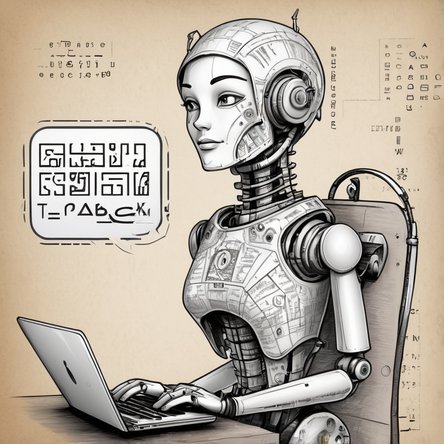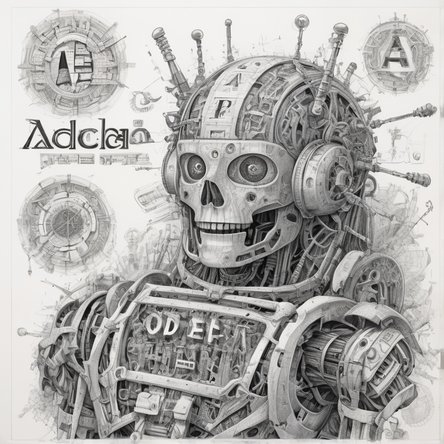Understanding Captcha Games
Captcha games have become a ubiquitous part of the internet experience, designed to distinguish human users from bots. These systems present users with tasks that are simple for humans but difficult for automated systems. Captcha, an acronym for "Completely Automated Public Turing test to tell Computers and Humans Apart," has evolved significantly since its inception. The incorporation of gaming elements into Captchas not only enhances security but also improves user engagement.
The Evolution of Captcha Systems
The first generation of Captcha systems was relatively simple, often involving distorted text that users had to read and input correctly. However, as bots became more sophisticated, these text-based Captchas became less effective. This led to the development of more complex Captcha systems that included image recognition tasks, logic puzzles, and even mini-games. The aim was to create challenges that required human intelligence and intuition, making it harder for bots to pass as humans.
The Role of Captcha Games in Cybersecurity
Captcha games serve a dual purpose in cybersecurity. Firstly, they prevent automated bots from accessing and abusing online services. Bots can be used for various malicious activities such as spamming, scraping data, and launching denial-of-service attacks. By implementing Captcha games, websites can filter out non-human traffic, protecting their services and users.
Secondly, Captcha games collect valuable data that helps improve artificial intelligence (AI) systems. For instance, Google's reCAPTCHA project has users label images, which in turn helps train AI to recognize objects in photos. This symbiotic relationship enhances the capabilities of AI while simultaneously bolstering online security.
Popular Types of Captcha Games
Image Recognition Challenges
One of the most common forms of Captcha games involves image recognition tasks. Users are presented with a grid of images and asked to identify those that contain a specific object, such as a car, traffic light, or storefront. These tasks leverage the human ability to recognize patterns and objects quickly, something that remains challenging for automated systems.
Logic and Puzzle Games
Captcha games also include logic puzzles and simple games that require problem-solving skills. These can range from basic arithmetic problems to more complex puzzles that require a series of steps to complete. The goal is to create tasks that are easy for humans but computationally expensive for bots to solve.
Interactive Games
Some Captcha systems use interactive games that require users to perform a series of actions, such as dragging and dropping objects, completing a maze, or aligning images. These interactive elements not only make the verification process more engaging for users but also introduce a level of complexity that bots struggle to mimic.
The Impact of Captcha Games on User Experience
While Captcha games are essential for cybersecurity, they can also affect the user experience. Poorly designed Captcha systems can be frustrating and time-consuming, leading to user abandonment and dissatisfaction. Therefore, it is crucial to balance security with usability when designing Captcha games.
Enhancing Engagement
One of the main advantages of using games in Captcha systems is that they can make the verification process more enjoyable. Gamification introduces an element of fun and challenge, which can improve user engagement and satisfaction. By turning a potentially annoying task into a game, websites can reduce user frustration and enhance the overall experience.
Minimizing Frustration
To minimize frustration, Captcha games should be intuitive and quick to complete. The tasks should not be overly complicated or require excessive time and effort. Additionally, providing clear instructions and feedback can help users understand what is required of them and reduce the likelihood of errors.
The Future of Captcha Games
As technology continues to evolve, so too will Captcha games. Advances in AI and machine learning are likely to make traditional Captcha systems less effective, necessitating the development of more sophisticated and innovative solutions.
AI-Driven Captchas
In the future, we can expect to see AI-driven Captchas that adapt to the abilities of individual users. These systems could use machine learning algorithms to analyze user behavior and tailor challenges accordingly. For example, an AI-driven Captcha might present more complex tasks to users who appear to be bots, while offering simpler challenges to legitimate human users.
Biometric Captchas
Another potential development is the use of biometric data in Captcha systems. Biometric Captchas could leverage facial recognition, fingerprint scanning, or voice recognition to verify users. These methods offer a high level of security and are difficult for bots to replicate. However, they also raise privacy concerns that would need to be carefully managed.
Continuous Authentication
The concept of continuous authentication is gaining traction as a way to enhance security without interrupting the user experience. Continuous authentication systems monitor user behavior, such as typing patterns, mouse movements, and browsing habits, to verify identity in real-time. Captcha games could be integrated into these systems, providing an additional layer of security that operates seamlessly in the background.
Ethical Considerations
While Captcha games offer significant benefits for cybersecurity, they also raise ethical considerations. It is essential to ensure that these systems are accessible to all users, including those with disabilities. Designing Captcha games that are inclusive and offer alternative verification methods is crucial to avoid discrimination and ensure equal access to online services.
Accessibility
Ensuring accessibility in Captcha games involves providing alternative methods for users who may have difficulty with traditional challenges. For example, audio Captchas can be used for visually impaired users, while simpler tasks can be offered to those with cognitive impairments. By prioritizing accessibility, developers can create Captcha systems that are fair and inclusive.
Data Privacy
The collection of data through Captcha games, such as image labeling for AI training, raises privacy concerns. It is important for companies to be transparent about how user data is used and to implement robust privacy protections. Users should have control over their data and be informed about how it contributes to AI development.
Conclusion
Captcha games represent a fascinating intersection of cybersecurity, user experience, and AI development. By leveraging the human capacity for pattern recognition and problem-solving, these systems provide a robust defense against automated threats while enhancing user engagement. As technology continues to advance, Captcha games will need to evolve, incorporating new methods and addressing ethical considerations to remain effective and inclusive.
The future of Captcha games is likely to involve AI-driven, adaptive systems that offer personalized challenges and seamless continuous authentication. These developments promise to enhance security while minimizing user frustration. However, it is essential to balance innovation with accessibility and privacy considerations to ensure that Captcha systems serve the needs of all users.
In summary, Captcha games are a critical tool in the ongoing battle against online threats. By transforming security challenges into engaging experiences, they not only protect online services but also contribute to the development of more advanced AI systems. As we look to the future, the continued evolution of Captcha games will be key to maintaining a secure and user-friendly internet environment.




